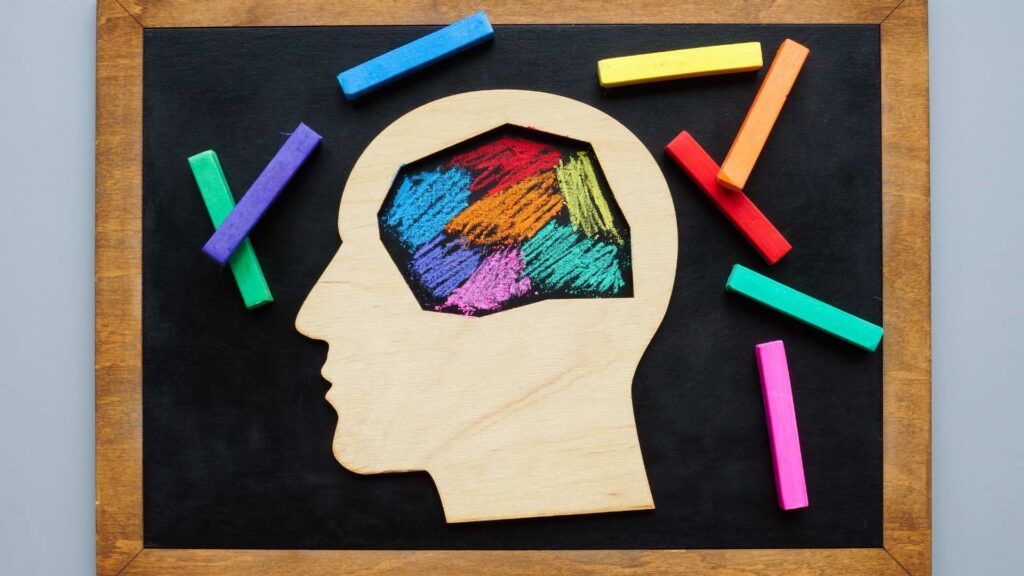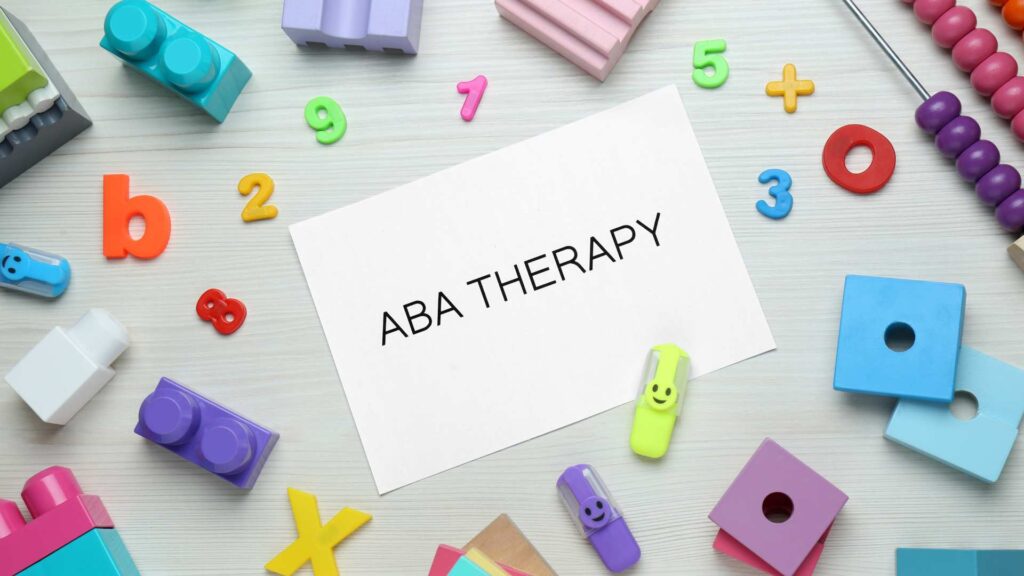Table of Contents
How is autism identified?
Have you ever found yourself wondering, “Am I on the spectrum?” Maybe you’ve noticed certain autism traits or behaviors in yourself or a loved one that seem different, and you’re looking for answers. You’re not alone in asking these questions. Many people go through their lives feeling misunderstood or struggling in social situations, and it’s not uncommon to wonder whether autism could be the reason. Understanding whether you, your child, or someone you care for is on the autism spectrum can feel overwhelming, but it’s an essential step toward finding the proper support.
If you’re reading this, you might be at the start of a journey toward discovery. Let’s break down what it means to be on the spectrum and how you can identify common signs and take those critical first steps toward clarity in this blog by ABA Centers of Washington.
What is Autism?
Before going with the common autism signs, you can evaluate yourself or your loved one; let’s know a little about autism. According to the National Institute of Mental Health, autism is a neurological and developmental condition that affects how a person communicates, behaves, and interacts with others. It is typically diagnosed in early childhood and can vary in severity. Individuals with ASD may have difficulty with social interactions and communication and may engage in repetitive behaviors.
Moreover, despite significant advancements in autism research, the precise causes remain unidentified, necessitating ongoing investigation. Current evidence indicates that a combination of genetic and environmental factors contributes to autism’s development, with specific genetic mutations potentially increasing the risk.
Am I on the Spectrum? Signs of Autism in Adults
When we think of autism, we often picture children who might have difficulty interacting with others or who display repetitive behaviors. However, many adults go through life without realizing they are on the spectrum, so if you’ve always felt different but never entirely understood why, you might be wondering if some of your challenges stem from undiagnosed autism.
Some common signs of autism in adults include:
Difficulty with social interactions: You might find it hard to pick up on social cues, maintain eye contact, or understand subtle body language. Conversations with others can feel exhausting or confusing.
Sensory sensitivities: Do bright lights, loud noises, or strong smells overwhelm you? Sensory sensitivities are common in individuals on the spectrum and can make specific environments feel uncomfortable or even unbearable.
Intense focus on specific interests: Many adults with autism have solid and deep interests in particular topics. You might find yourself becoming hyper-focused on a hobby or area of interest, often to the exclusion of other activities.
Need for routine: Change can be difficult. If disruptions to your routine make you feel anxious or stressed, this could be a sign of being on the spectrum.
Autism Signs in Children
If you’re a parent or caregiver, you might be concerned about whether your child is on the spectrum. Early identification of autism in children can lead to more effective early interventions, which is why it’s crucial to recognize the signs as soon as possible. According to the Centers for Disease Control and Prevention, some autism signs in children might include:
Delayed speech or language development: If your child isn’t speaking as much as their peers or struggles with understanding and using language, this could be a sign of autism.
Limited eye contact or difficulty in social engagement: Children on the spectrum may make eye contact less often or may seem uninterested in playing with other children.
Repetitive behaviors: Does your child repeat specific actions, such as lining up toys, flapping their hands, or repeating words and phrases over and over?
Difficulty with changes in routine: Much like adults on the spectrum, children may become upset if they experience changes in their routines and environment.
Sensory sensitivities: You might notice that your child is sensitive to things like loud sounds, bright lights, or certain textures in food or clothing.
These signs don’t necessarily mean your child is on the spectrum, but they do suggest that your kid will benefit from further evaluation. Early diagnosis and intervention are vital in helping children develop the skills they need to navigate their world.
What Should You Do If You Think You or Your Child Might Be on the Spectrum?
If you suspect that you or your child might be on the autism spectrum, it’s essential to seek professional help. An evaluation from a specialist can provide the clarity you need. They will assess the full range of traits and behaviors to determine whether a diagnosis of ASD is appropriate.
Getting a diagnosis is not the end of the road; it’s the beginning of understanding. Whether you or your child receives an autism diagnosis, it’s crucial to remember that this information is a tool for getting the proper support.
How ABA Therapy Can Help
Applied Behavior Analysis (ABA) is one of the most effective therapies for individuals on the autism spectrum. ABA works by breaking down skills into manageable steps, helping individuals with ASD learn new behaviors and skills in a structured, supportive way. For kids, teens, and adults, ABA therapy can make a significant difference in developing communication skills, improving social interactions, and fostering independence.
Take the Next Step with ABA Centers of Washington
Whether for yourself, your child, or someone you care about, seeking an evaluation and exploring autism care services is a crucial move toward clarity and support. At ABA Centers of Washington, we specialize in providing compassionate and individualized care for those on the spectrum.
Our team is here to support you, offering evidence-based ABA therapy and guidance tailored to your unique needs. Call us at (877) 554-0710 or contact us online to learn more about our services and how we can help you thrive on the journey of autism acceptance and understanding.










